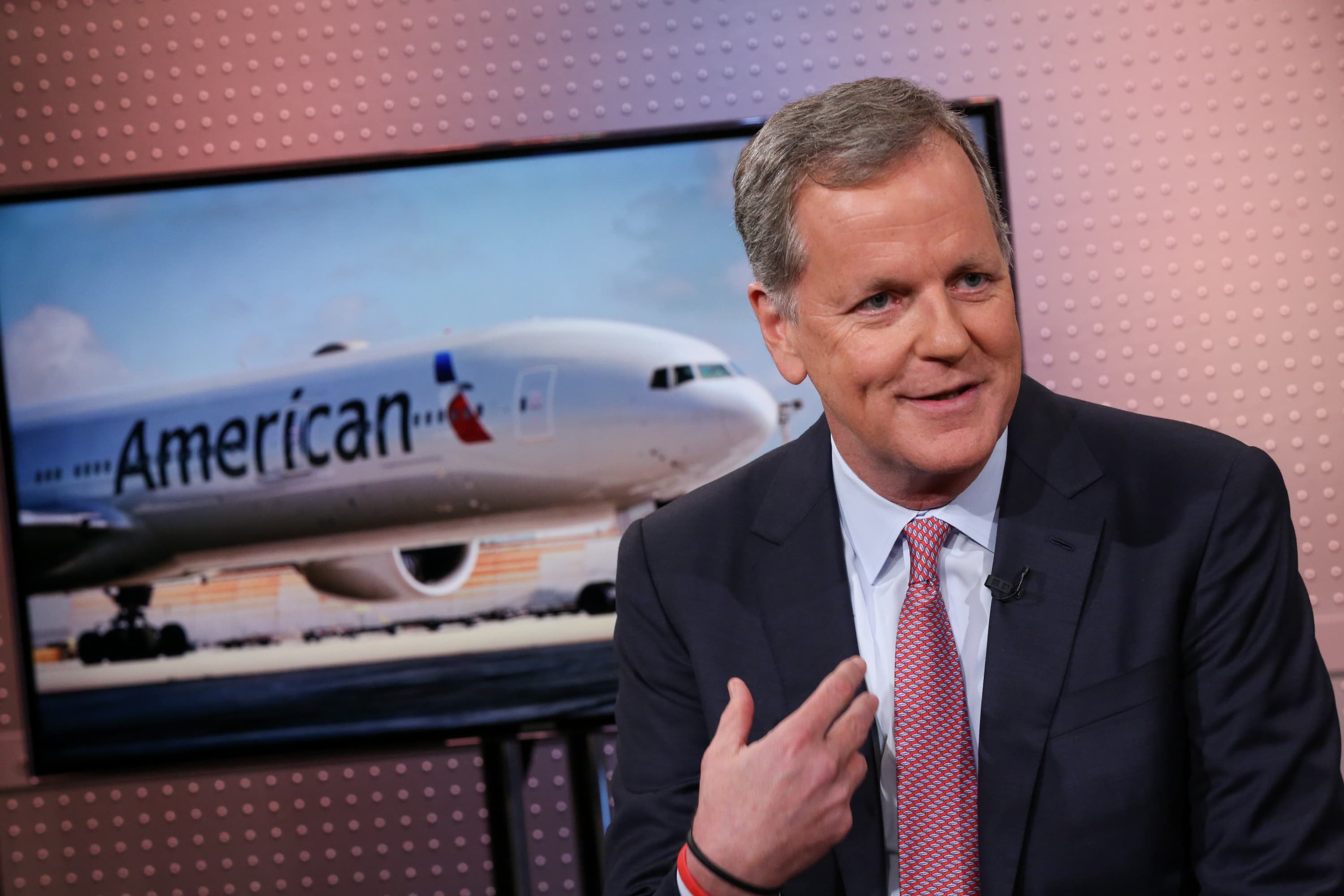
Tesla delivered 241,300 vehicles in the third quarter of 2021. That surprised many, beat Wall Street's expectations, and sent the company's stock price up 5 percent. Tesla managed this at a time when most car company sales have dropped sharply due to supply chain issues. The mindset Elon Musk and Tesla employees used to overcome these issues is something every business leader and especially every entrepreneur can learn from.
It's hard to overstate how much of an achievement Tesla's third quarter was. Tesla sold 102,000 more cars than it did in the same quarter of 2020--an increase of more than 73 percent. The company set a record for quarterly production. Compare that with other car makers: General Motors' sales were down 33 percent and Ford's sales were down 27 percent in those three months compared to the same quarter last year.
Why are automakers' sales down at a time when demand for cars is so high that it's literally driving inflation? If you've followed the news at all, you may already know the answer: the ongoing shortage of computer chips, brought on by a combination of pandemic shutdowns and canceled orders due to an anticipated drop in demand. That shortage is affecting everyone, as both analysts and automakers are quick to explain. For example, GM CFO Paul Jacobson warned investors last month that, "The global supply chain continues to deteriorate a little bit. We've got multiple impacts that have worsened, primarily, the semiconductor supply chain risk." These same automakers optimistically predicted increased sales--just as soon as the factories could supply them with more chips.
Tesla, of course, was affected by the chip shortage as well, as Musk acknowledged during an earnings call in July. "The chip supply is fundamentally becoming a factor on our output," he said. "This is out of our control, essentially. It does seem like it's getting better, but it's hard to predict."
That's where the other automakers ended their statements--there's a shortage of chips, it looks like it's getting better, and we'll be selling like gangbusters as soon as it does. The difference is that Musk went on to explain how Tesla was managing to build cars anyway.
"An immense effort."
"Achieving the output that we did achieve was only due to an immense effort from people within Tesla," he said. "We were able to substitute alternative chips. And then write the firmware in a matter of weeks. It's not just a matter of swapping out a chip. You also have to rewrite the software. It was an incredibly intense effort of finding new chips, writing new firmware, integrating with the vehicle, and testing in order to maintain production."
In other words, he and the employees at Tesla kept doing what they'd always done. They adapted to a changing landscape and found ways to solve problems on the fly. Later in the call, Musk even entertained the question of whether Tesla might solve the problem once and for all by building its own semiconductor plant. "People want to say, 'Why don't you just build a chip fab?'" he said. "Well, OK, that would take us--even moving like lightning--12 to 18 months. So it's not like you can just whip out a chip fab."
I get that Tesla isn't going into the semiconductor business anytime soon, and I'm not suggesting that it should. I am saying that Musk is the rare leader who will consider every possible solution to a problem, even those most CEOs would immediately reject because those solutions are outside the company's business model or are something it doesn't know how to do. When faced with something he doesn't know how to do, Musk goes and learns how to do it. In other words, Musk has what Stanford psychology professor Carol Dweck calls a growth mindset--the belief that he can grow and develop skills and abilities he didn't have before.
He and Tesla also displayed something I think every successful entrepreneur needs--an internal locus of control, defined by psychologists as the belief that your successes and failures mainly result from things you do. People with an external locus of control believe their successes and failures are mainly determined by forces outside themselves. While both viewpoints have advantages and disadvantages, when faced with a problem like the chip shortage, people with an internal locus are likelier to do what people at Tesla did and figure out a way to build cars with alternative chips. People with an external locus are more likely to do what GM and Ford did and pin their hopes on improving conditions at semiconductor factories. (Another example of Musk's willingness to take action in the face of challenges is his recently announced decision to move Tesla headquarters from Palo Alto to Austin.)
There's a small but growing group of Inc.com readers who get a daily text from me with a self-care or motivational micro-challenge or idea. Often, they text me back and we wind up in an ongoing conversation. (Interested in joining? You can learn more here.) Many are successful entrepreneurs, and they tell me that when faced with a challenge, they tend to take action, believing it's up to them to find a way to improve things.
The truth is that almost any situation you face in business or in life is a combination of internal and external factors, things you can control and other things you can't. Focusing on what you can do and believing your actions will make a difference--that can be a game-changer. Just ask Elon Musk. He's got 241,300 sold cars to prove it.
https://ift.tt/3uZC2cu
Business

No comments:
Post a Comment